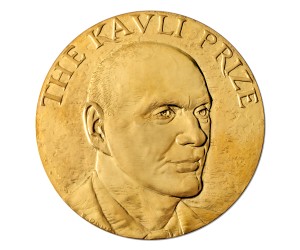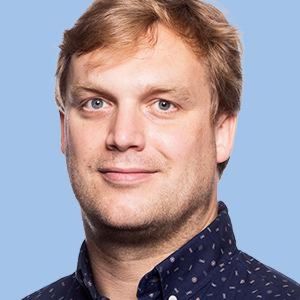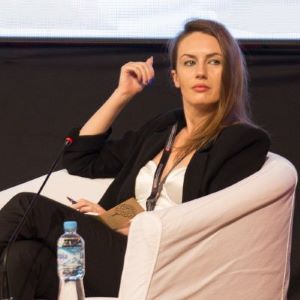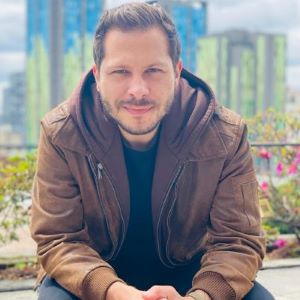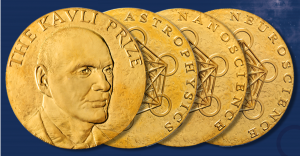
The World Federation of Science Journalists and the Norwegian Academy of Science and Letters are delighted to announce the recipients of the three travel grants for the Kavli Prize week, which will take place in Oslo, Norway, from September 1-5.
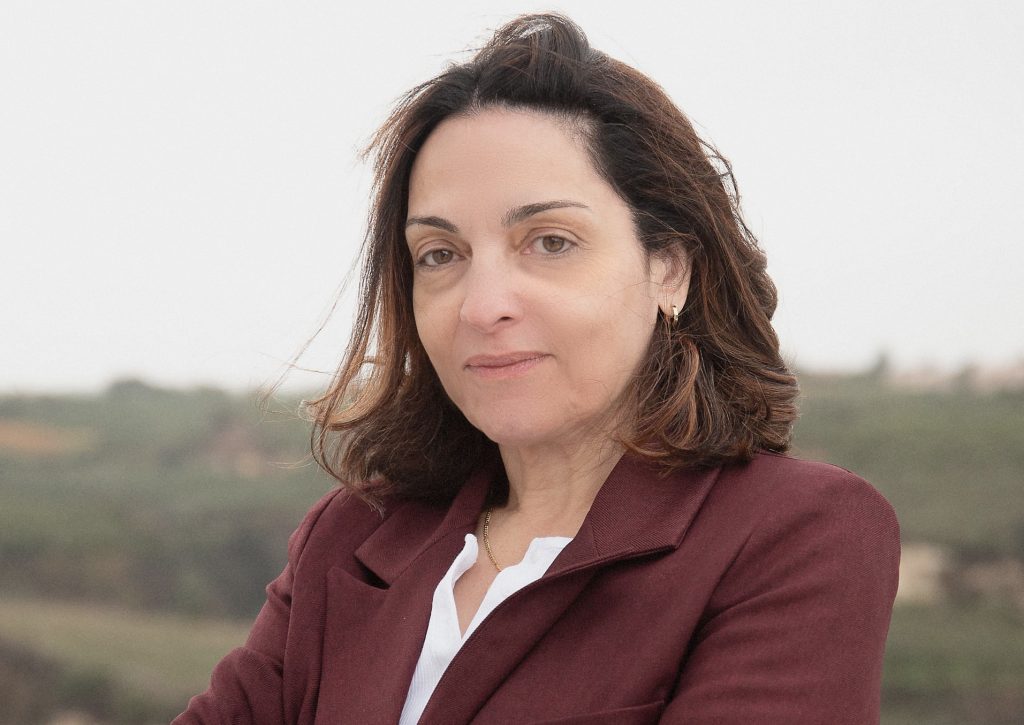
Vasiliki Michopoulou holds a PhD in International relations with a “Stavros Niarchos Foundation scholarship”, MA on Policy Management & International Politics, a Biology degree and a module certification of Video/Multimedia, Data and Investigative journalism from the School of Journalism-Columbia University with a “Stavros Niarchos Foundation scholarship”.
She currently contributes as science journalist to Greek and foreign printed and digital media outlets, achieving exclusive interviews with Nobel laureates and experts in several scientific fields. She also teaches science journalism at the university, while giving workshops on science communication for young scientists or working with research teams as science communication expert.
She was awarded as the “Greek Woman Journalist of the year 2018” by the VOTRE BEAUTE Magazine, as the “Greek Science Writer of the Year 2017” by the Association of British Science Writers and nominated for the “European Science Writer of the Year 2017”.
Vasiliki is also member of Athens Daily Newspapers Journalists Union and of other international journalistic unions. Recently she was included in the list with science communication experts of EU
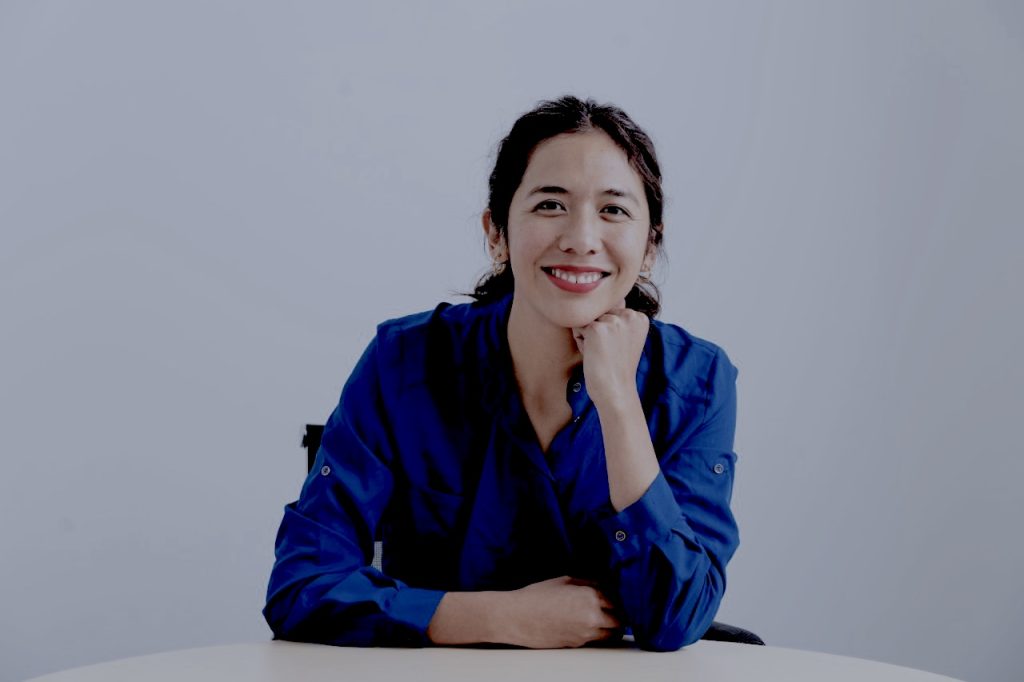
Anna Lagos is a Mexican journalist with over 10 years of experience, as well as a science, innovation, and technology communicator. She is the editor-in-chief of WIRED in Spanish. She covers topics related to Digital Culture, Artificial Intelligence, Environment, and Health. She also writes about Gender, Archaeology, and Art. She has contributed to outlets such as EL PAÍS, Gatopardo, Reforma, and Entrepreneur. She is a member of the Mexican Network of Science Journalists. She holds a diploma in storytelling and health policies from Georgetown University. She has a Master’s degree in Marketing and Advertising, with honors. Additionally, she belongs to the third generation of MásterLAB, a training program by Quinto Elemento Lab for editors in leading and conducting major investigative reports.
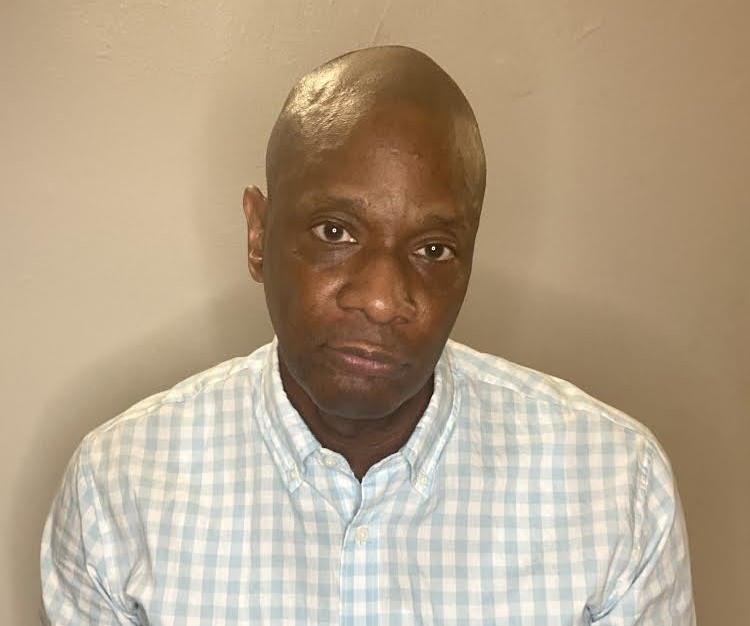
Rod McCullom, based in USA, specializes in reporting on the intersections of science, technology and society. McCullom’s focus areas include artificial intelligence, biometrics, brain and cognition, gun violence, infectious disease, and, the science of crime, trauma and violence.
Rod is a senior feature contributor to Undark, and his reporting has appeared at The Atlantic, Nature, Scientific American, MIT Technology Review and The Nation, among other magazines. He has reported from across Sub-Saharan Africa and been awarded reporting fellowships to Australia, Ethiopia, Kenya, South Africa, Spain and Zambia.
He authored the chapter on the craft of reporting on science and justice in A Tactical Guide to Science Journalism (2022), the science writing textbook published by Oxford University Press. Rod attended the University of Chicago. He was 2016 Knight Science Journalism Fellow at the Massachusetts Institute of Technology.
The three journalists will get the chance to step into the fascinating world of astrophysics, nanoscience, and neuroscience.
They will meet the Kavli Prize winners, recognized for their seminal advances in these three research areas, and participate in all events during the Kavli Prize week in Oslo. The Kavli Prize symposia in astrophysics, nanoscience, and neuroscience are also part of the program.
The Kavli Prize – https://www.kavliprize.org/
